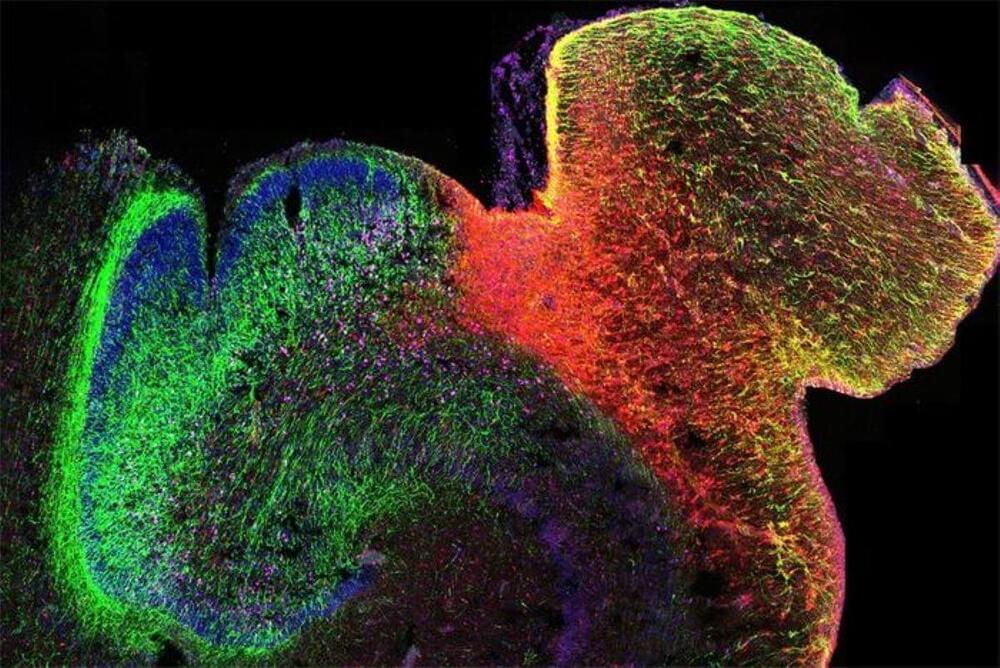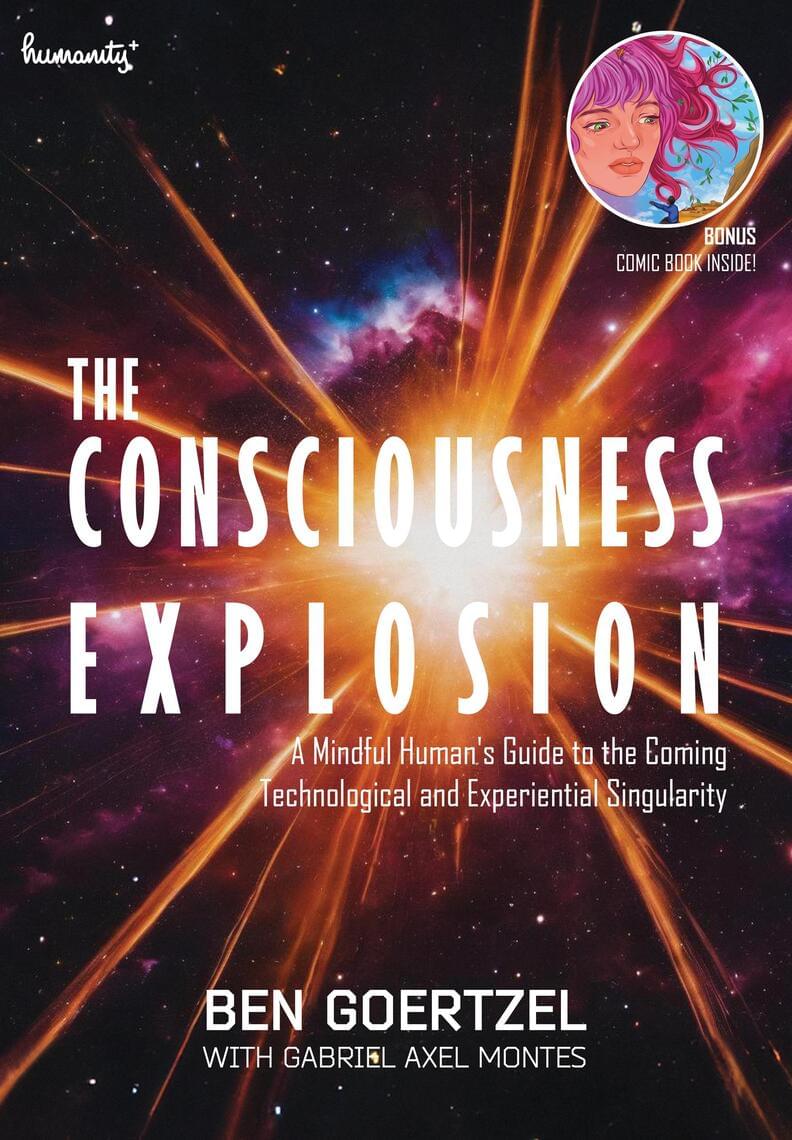Category: neuroscience – Page 365
Pig Brains Thought Dead May Be Revived
Pigs are considered useful biomedical models for humans so the implications of such studies sent waves through the field of resuscitation — and bioethics.

3D Gene Regulation Map Sheds Light on Brain Development
Summary: Researchers have developed the first 3D map of gene regulation in the human brain, offering insights into how early brain development influences lifelong mental health. This map, focusing on regions tied to memory and emotional regulation, reveals how chromatin structure controls gene activity, especially during key developmental stages.
These findings may help identify when and where genetic variants linked to autism and schizophrenia disrupt normal development. By understanding these early influences, scientists hope to improve neurodevelopmental disorder research and stem-cell models, potentially paving the way for earlier intervention strategies.

Breakthrough from REMspace: First Ever Communication Between People in Dreams
REDWOOD CITY, Calif.—(BUSINESS WIRE)—Researchers at REMspace, a California-based startup, have achieved a historic milestone, demonstrating that lucid dreams could unlock new dimensions of communication and humanity’s potential. Using specially designed equipment, two individuals successfully induced lucid dreams and exchanged a simple message.
Watch the experiment here.
Lucid dreams occur when a person is aware they are dreaming while still in the dream state. This phenomenon happens during REM sleep and has numerous potential applications, from solving physiological problems to learning new skills. In earlier research, REMspace demonstrated that facial electromyography sensors could decode specific sounds made in dreams. This led to the development of Remmyo, a dream language detectable through sensitive sensors.
What It’s like to be a computer — Stephen Wolfram
Part of the Progress and Visions in Consciousness Science online seminar series organized by AMCS, MESEC, and OMCAN.

Cameron County Preparing For Possible SpaceX Launch
Scientists have used gene-editing techniques to boost the repair of nerve cells damaged in multiple sclerosis, a study shows. The innovative method, which was tested in mice, supports the development of cells that can repair the protective myelin coating around nerves, restoring their ability to conduct messages to the brain.
The findings, now published in Nature Communications, offer a potential route for future treatments to stop disability progression, experts say.
Our bodies have the ability to repair myelin, but in multiple sclerosis (MS), and as we age, this becomes less effective. There are currently no treatments to boost this process.
Anil Seth’s “Being You? A New Science of Consciousness”
Anil Seth, Neuroscientist, Author, and Public Speaker who has pioneered research into the brain basis of consciousness for more than 20 years.
Moderated by Susan Schneider, Ph.D., William F Dietrich Distinguished Professor of Philosophy in the Dorothy F. Schmidt College of Arts and Letters; Member of the Brain Institute. Schneider is founding director of the Center for the Future Mind.
What does it mean to \.

The Consciousness Explosion: A Mindful Human’s Guide to the Coming Technological and Experiential Singularity
The pace of engineering and science is speeding up, rapidly leading us toward a “Technological Singularity” — a point in time when superintelligent machines achieve and improve so much so fast, traditional humans can no longer operate at the forefront. However, if all goes well, human beings may still flourish greatly in their own ways in this unprecedented era.
If humanity is going to not only survive but prosper as the Singularity unfolds, we will need to understand that the Technological Singularity is an Experiential Singularity as well, and rapidly evolve not only our technology but our level of compassion, ethics and consciousness.
The aim of The Consciousness Explosion is to help curious and open-minded readers wrap their brains around these dramatic emerging changes– and empower readers with tools to cope and thrive as they unfold.

How Brain Cells Identify Smells and Related Images
Summary: A recent study reveals that specific brain cells respond not only to smells but also to images and written words related to those scents, providing deeper insight into human odor perception. Researchers found that neurons in the olfactory cortex and other brain regions, like the hippocampus and amygdala, distinguish between different smells and associate them with visual cues.
This research, using data from epilepsy patients, bridges a gap between animal and human studies on olfactory processing. Remarkably, individual neurons responded to scent, image, and word, suggesting that smell processing integrates visual and semantic information early on. These findings could lead to future innovations in “olfactory aids.” The study emphasizes the interconnected nature of smell and visual memory in the human brain.